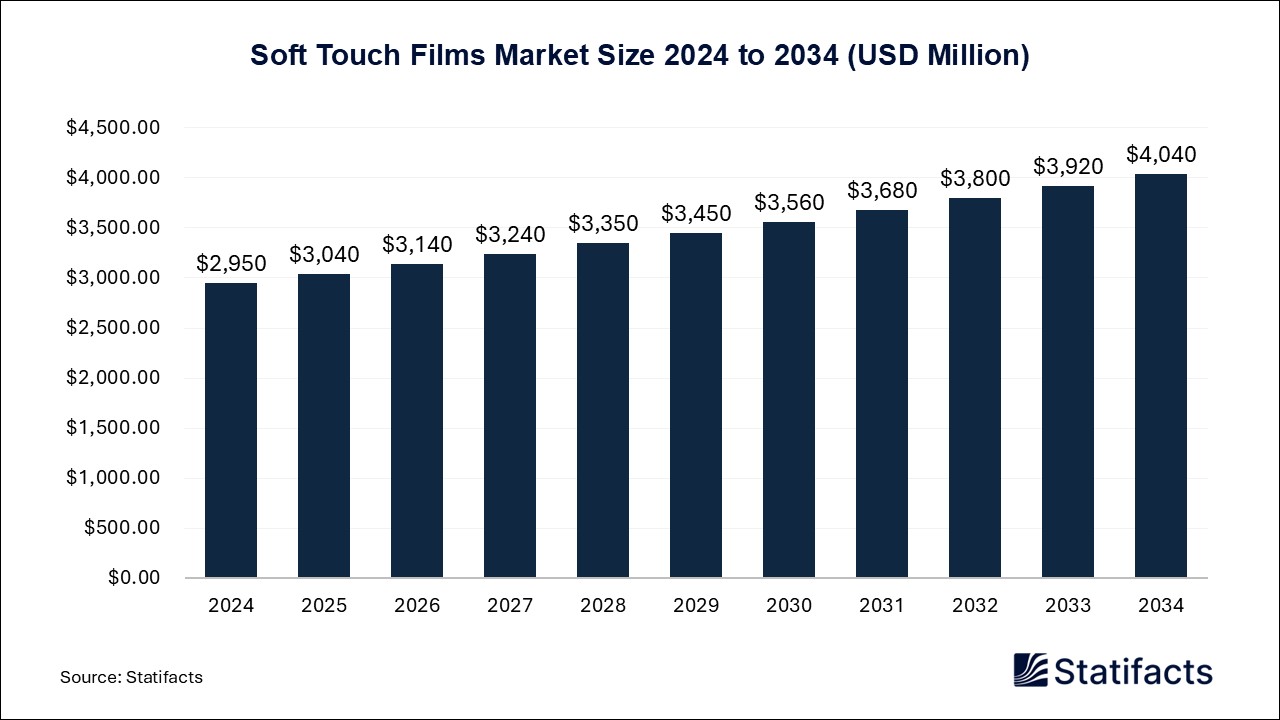
By clicking “Accept All Cookies” you agree to the storing of cookies on your device to enhance site navigation, analyze site usage, and assist in our marketing efforts.
Privacy PolicyThe U.S. cancer stem cells market size accounted for USD 662 million in 2024 and is expected to exceed around USD 2,093 million by 2034, growing at a CAGR of 12.2% from 2025 to 2034.
The U.S. cancer stem cells market refers to the industry that includes the development of cancer stem cell therapy, in which stem cells are given to people who are cancer-affected to replace cancer cells that have been destroyed and eliminated. Cancer stem cell therapy is used to regain the body’s ability to produce stem cells after treatment. Cancer stem cells are a small subpopulation of tumor cells with self-renewable capabilities that play a significant role in cancer recurrence and metastasis. The market is experiencing rapid growth due to increasing advancement in regenerative medicine and cancer therapeutics. The U.S. cancer stem cells market is expanding rapidly due to advancements in biotechnology, increasing cancer prevalence, and AI-driven innovation.
In the U.S., the increasing number of cancer cases, particularly breast, lung, and colorectal cancers, demanded the need for innovative treatment solutions. Cancer stem cells are known to increase tumor initiation, progression, and resistance to conventional therapies. This led to a growing focus on the development of therapies that will specifically target cancer stem cells to improve treatment outcomes and decrease the recurrence rates. The increasing prevalence of chronic disease cancer due to changing lifestyles and environmental conditions is driving the U.S. cancer stem cells market growth of the cancer stem cells market.
The technological advancements in single-cell sequencing, bioinformatics, and gene editing tools have significantly enhanced the identification and characterization of cancer stem cells. These innovations in technology-based therapies enable researchers to develop highly targeted therapeutic approaches that improve treatment efficacy and reduce adverse effects. Also, the recent advancement in immunotherapies shows promising results in cancer treatment that apply to target cancer stem cells.
The development of cancer stem cell therapy requires extensive research, clinical trials, and preclinical investigation, which requires a significant amount of time and financial investment; therefore, the cost of treatment will be higher, which might be a potential barrier for the market. The stringent FDA approval process and concerns regarding the ethical use of stem cell research further add to market complexity. Also, the variability of cancer stem cells' behavior toward different cancer types initiates the challenge of developing universal, effective treatments.
Artificial intelligence and machine learning are playing a crucial role in cancer stem cell research by enhancing drug discovery and biomarker identification. AI-driven predictive analysis is being used to optimize patient selection for clinical trials, improve personalized treatment strategies, and enhance the efficiency of cancer stem cell targeting therapies. The application of AI for the analysis of large-scale genomic datasets is expected to further accelerate the market in the upcoming years. Machine learning and AI-powered imaging (MRIs, CT scans) help to detect cancer stem cells with higher accuracy. Pharma companies use AI to forecast cancer stem cell treatment demand and optimize the supply chain.
The future outlook of the US cancer stem cells market is excellent, with several emerging trends influencing growth. Such advancements in CSC inhibitors, in addition to increases in stem-cell-based immunotherapy and tumor organoid models for the testing of medicines, are expected to change the fabric of cancer care. Funding also will increase in the public-private sector, including the collaboration among research institutions with biotech companies, which drives further innovation. As precision medicine advances, cancer stem cell-targeted therapies are going to be pivotal in improving patient outcomes and revolutionizing oncology treatment paradigms.
Published by Kesiya Chacko
| Subsegment | 2024 | 2025 | 2026 | 2027 | 2028 | 2029 | 2030 | 2031 | 2032 | 2033 | 2034 |
|---|---|---|---|---|---|---|---|---|---|---|---|
| Breast | - | - | - | - | - | - | - | - | - | - | - |
| Bladder | - | - | - | - | - | - | - | - | - | - | - |
| Blood | - | - | - | - | - | - | - | - | - | - | - |
| Lung | - | - | - | - | - | - | - | - | - | - | - |
| Brain | - | - | - | - | - | - | - | - | - | - | - |
| Colorectal | - | - | - | - | - | - | - | - | - | - | - |
| Pancreatic | - | - | - | - | - | - | - | - | - | - | - |
| Liver | - | - | - | - | - | - | - | - | - | - | - |
| Subsegment | 2024 | 2025 | 2026 | 2027 | 2028 | 2029 | 2030 | 2031 | 2032 | 2033 | 2034 |
|---|---|---|---|---|---|---|---|---|---|---|---|
| Stem Cell-based Cancer Therapy | - | - | - | - | - | - | - | - | - | - | - |
| Targeted Cancerous Stem Cells | - | - | - | - | - | - | - | - | - | - | - |
To get full access to our Market Insights, you need a Professional Account or a Business Suite.

You will receive an email from our Business Development Manager. Please be sure to check your SPAM/JUNK folder too.

You will receive an email from our Business Development Manager. Please be sure to check your SPAM/JUNK folder too.

Our customers work more efficiently and benefit from


